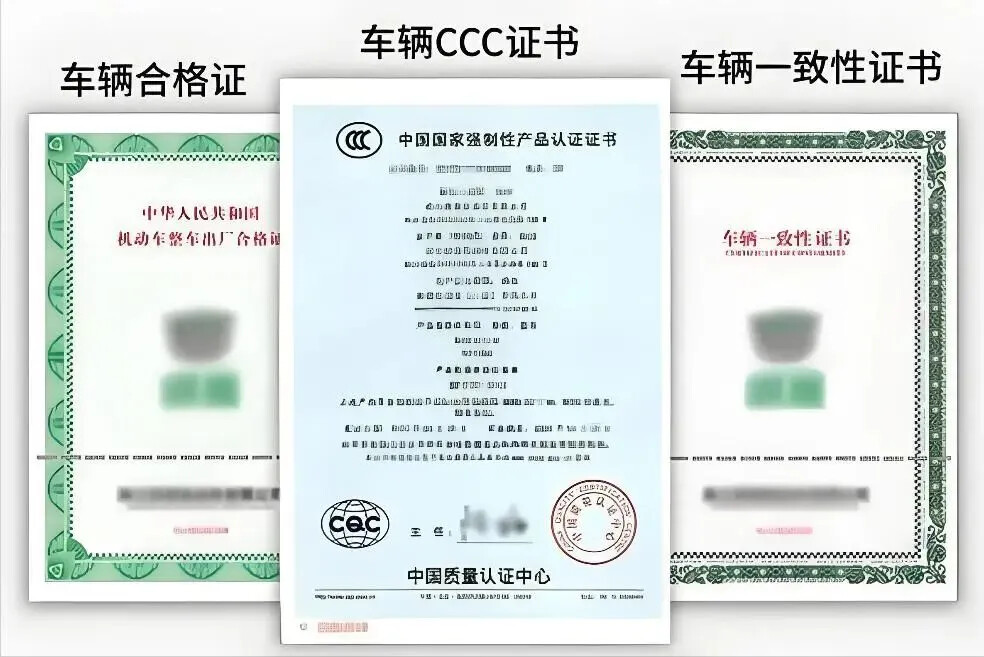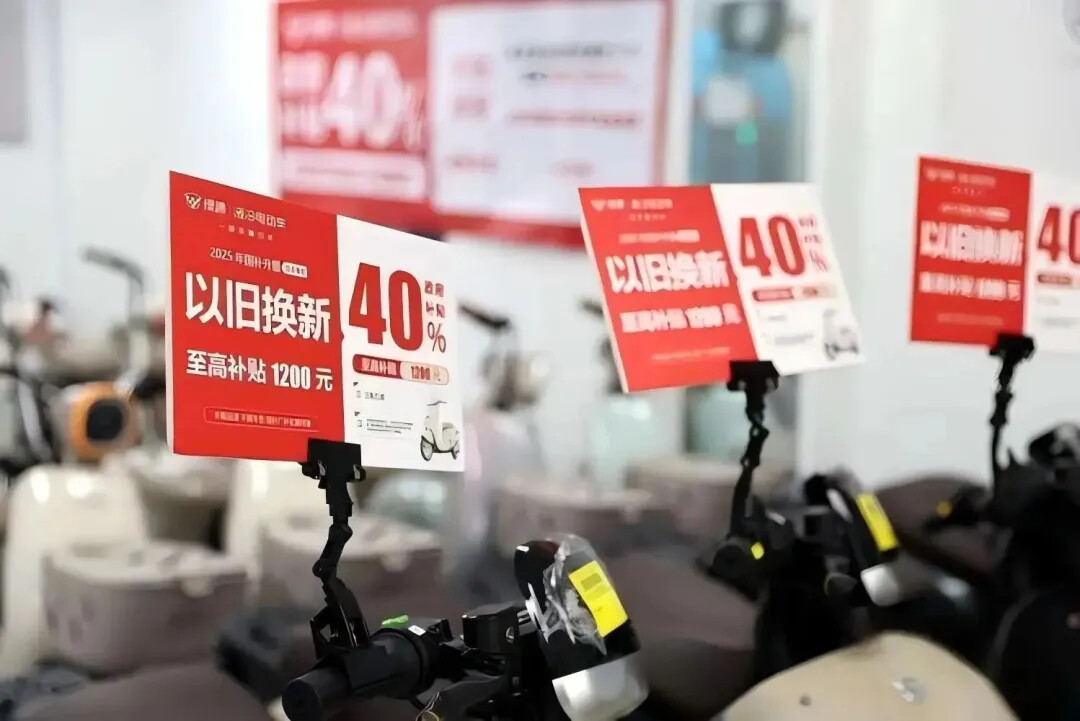With just four months left before the new Electric Bicycle Safety Standards (GB17761-2024) takes effect, the State Market Regulation Administration has announced the first batch of accredited testing agencies, signaling the electric vehicle industry's official entry into an era of strict regulation.

The State Administration for Market Regulation has streamlined the qualification approval process and confirmed six agencies with the capacity to conduct tests based on the new standards: Wuxi Inspection and Testing Certification Research Institute, China National Inspection Western Testing Co., Ltd., Weikai Testing Technology Co., Ltd., Beijing Product Quality Supervision and Inspection Institute, Guangdong Product Quality Supervision and Inspection Institute, and China Electronics Standardization Institute. Additional testing institutions will be accredited in the future. The testing will focus on mandatory requirements such as fire-retardant materials and anti-tamper chips.
For businesses and manufacturers, although there are transition period policies in place, this move significantly raises the production entry barrier. Small and medium-sized enterprises that fail to pass certification face the risk of being eliminated from the market. It is important to note that after September 1, 2025, vehicles manufactured under the old standards must be withdrawn from the market by December, placing increasing pressure on inventory clearance.

At the same time, three types of vehicles are already in the countdown for withdrawal from the market, with the industry undergoing both a reshuffling and a restructuring of consumer patterns.
1. Old Standard Vehicles: Mandatory Withdrawal by December 2025
Vehicles manufactured under the old national standards after November 2024 must be sold and registered by the end of 2025. Failure to do so will result in the inability to legally operate on the road. Many regions have launched "old-for-new" subsidy programs to stimulate consumer demand for replacements.
2. Oversized Temporary-Plate Vehicles: Transition Periods Ending Across Multiple Regions
In Hebei Province, "white-plate" vehicles were officially banned as of April 30. In other provinces such as Shaanxi and Hainan, transition periods are scheduled to end between June and December 2025. Enforcement efforts are also intensifying, for instance, in Shijiazhuang, vehicles found violating regulations for a third time are directly impounded, prompting users to switch to compliant models.
3. Illegally Modified Vehicles: Special Crackdown to Begin
Starting in 2025, regulatory authorities will collaborate with public security and fire departments to strictly inspect illegal modifications, including speed limiter removal, additional batteries, and altered vehicle appearance.

In light of these new regulations, consumers need to pay attention to three key indicators when purchasing vehicles: certification marks, battery specifications, and compliant modifications.
While many may be frustrated by the implementation of the new national standards, they are now set in motion. Whether as a business or consumer, it is essential to keep up with policy updates. The implementation of these standards is not only an upgradation in technical specifications but also a reshaping of the industry ecosystem. Short-term pain is inevitable, but in the long run, this transformation will inject stronger compliance genes into China's electric vehicle industry, improving the consumer experience and laying a solid foundation for the industry's long-term healthy development.

